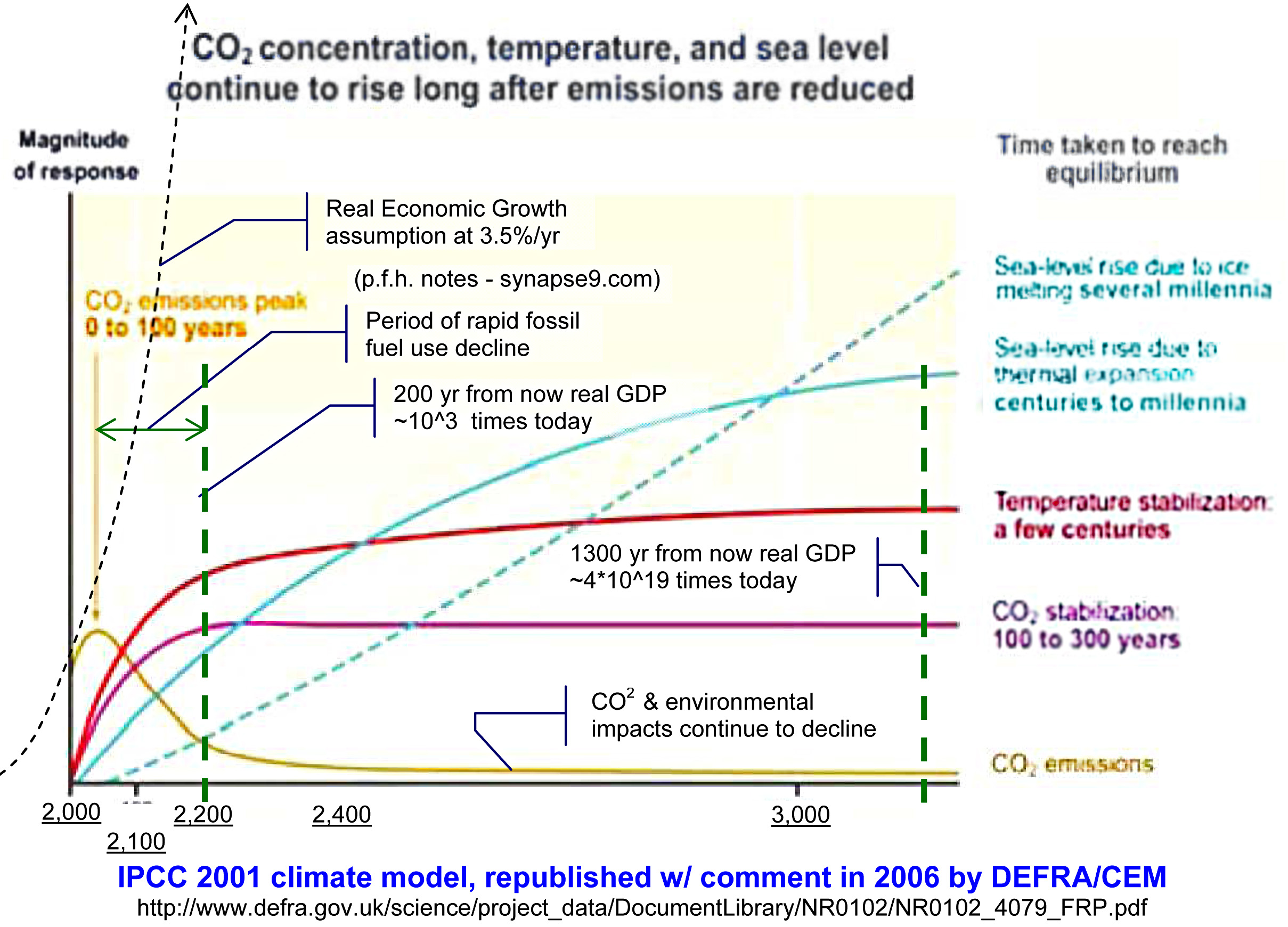Bob, 1/8/09 post to Downslope
Well, people ignoring contexts certainly do make it hard to learn from change, and even learning by hard experience after the fact doesn’t always help. Humans often are so fixated on old ideas in new worlds they only learn by generational succession (with old ideas dying off rather than changing by experience).
There are kinds of problems where even that doesn’t work either. We seem to be struggling with one of them now, yet another in the long series of economic overshoot and societal collapses, fitting a similar pattern and occurring time and again throughout history at all kinds of scales large and small.
We don’t even seem to see the pattern well enough to talk about it. The curious thing is that even repeated powerful experience plus generational succession seem not to teach us a thing about it, and, it also seems never to get publically discussed. There’s enduring silence about our greatest persistent tragic problem.
I think profound denials like that may seem “hard wired”, but if they are not shared by everyone I think it means they’re cognitive not cultural, i.e. just inherited expert errors. Our natural reaction is to work harder when we run into difficulty, but if nature is making things harder because of being overworked, that can trick us and be counterproductive.
Then our impetus to ban together to sacrifice and recommit ourselves to work harder for the common good, but results in the environment becoming even more overworked and unresponsive, i.e. a decidedly heroic but mistaken response. Our present impasse, a failing economy and looming environmental and resource collapses of several kinds is signaling that nature is overworked, and for us all to heroically work harder.
Possibly enough people could notice the error in a response to pushing old methods ever harder, when nature is actually calling for rather new ones, to take it as a signal to begin thinking on our feet and not blindly forging ahead.
Phil Henshaw
NY NY www.synapse9.com
——–
Bob, to post again on 1/9/09
I think there is still something suspicious about the “cone of silence” around mankind’s most persistently self-destructive behavior. The people who do it obviously includes nearly everyone, and thinking that it’s constructive right up until it’s too late.
How we then appear to fail to be self-critical enough to see or say what the real problem was after, is also part of what I’m beginning to notice.


